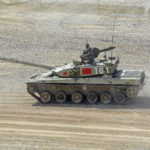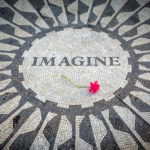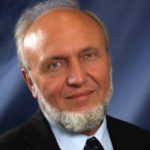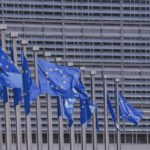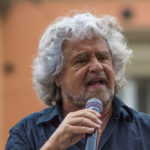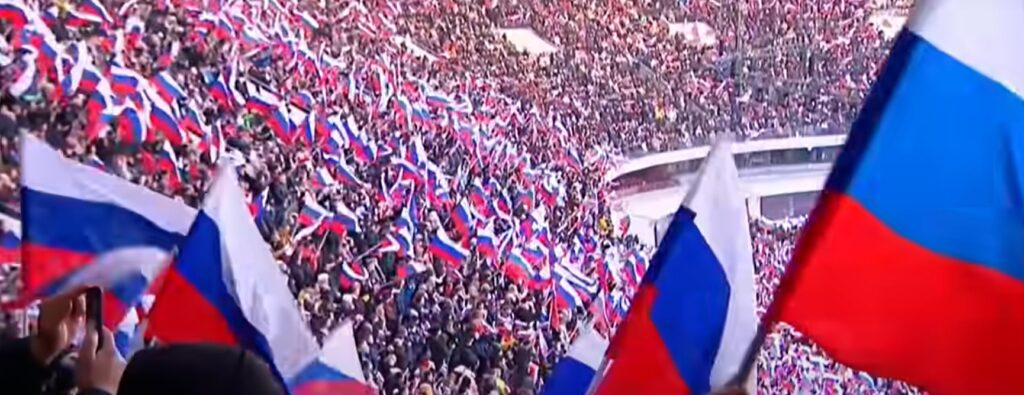The People’s Republic has 2,8 million troops at its disposal i.e. the world’s largest army. There are also 3,8 million reservists. For years China has been investing billions in its armed forces: in 2016 it was 216 billion dollars.Only the United States can afford to spend more on armaments. The task that China has set itself is to be able to win regional wars, for China is in conflict with many of its neighbours.
A bone of contention in the high mountains
In July 2016 China’s ground forces encroached upon Indian territory,which was not an isolated event since the 1960 war on the Indian-Chinese border or rather a demarcation line that had been drawn by the withdrawing British Empire. As in 2005, India entered into a nuclear agreement with the United States, China perceived it as a hostile act. On the other hand India did not like the fact that China leased a whole island from the Maldives, where it intended to build a port for nuclear-powered submarines.The border conflict at the foot of the Karakorum should be seen as a part of a broader picture: Pakistan, India’s ally, has been battling against India in Kashmir for years. Continue reading

